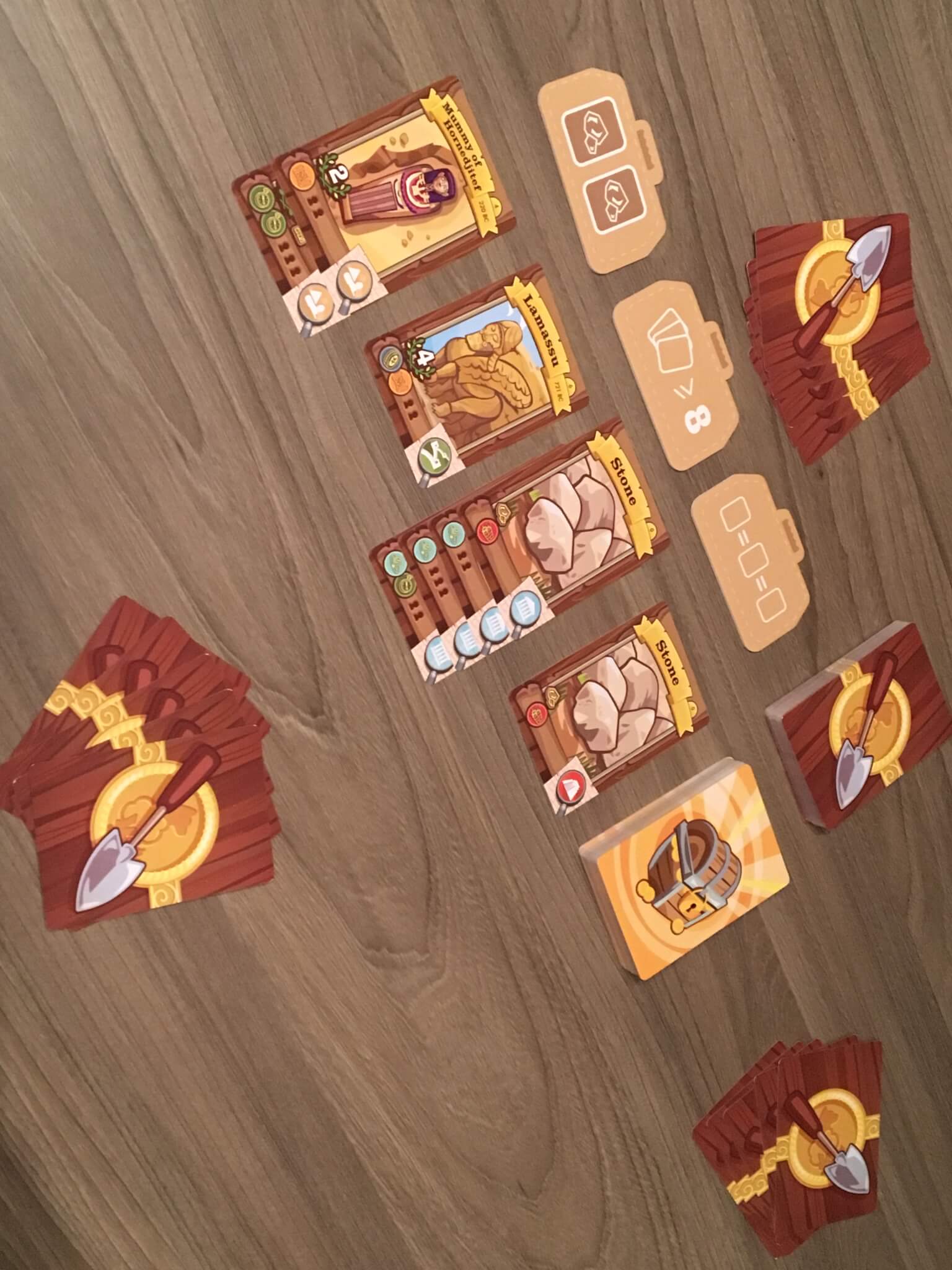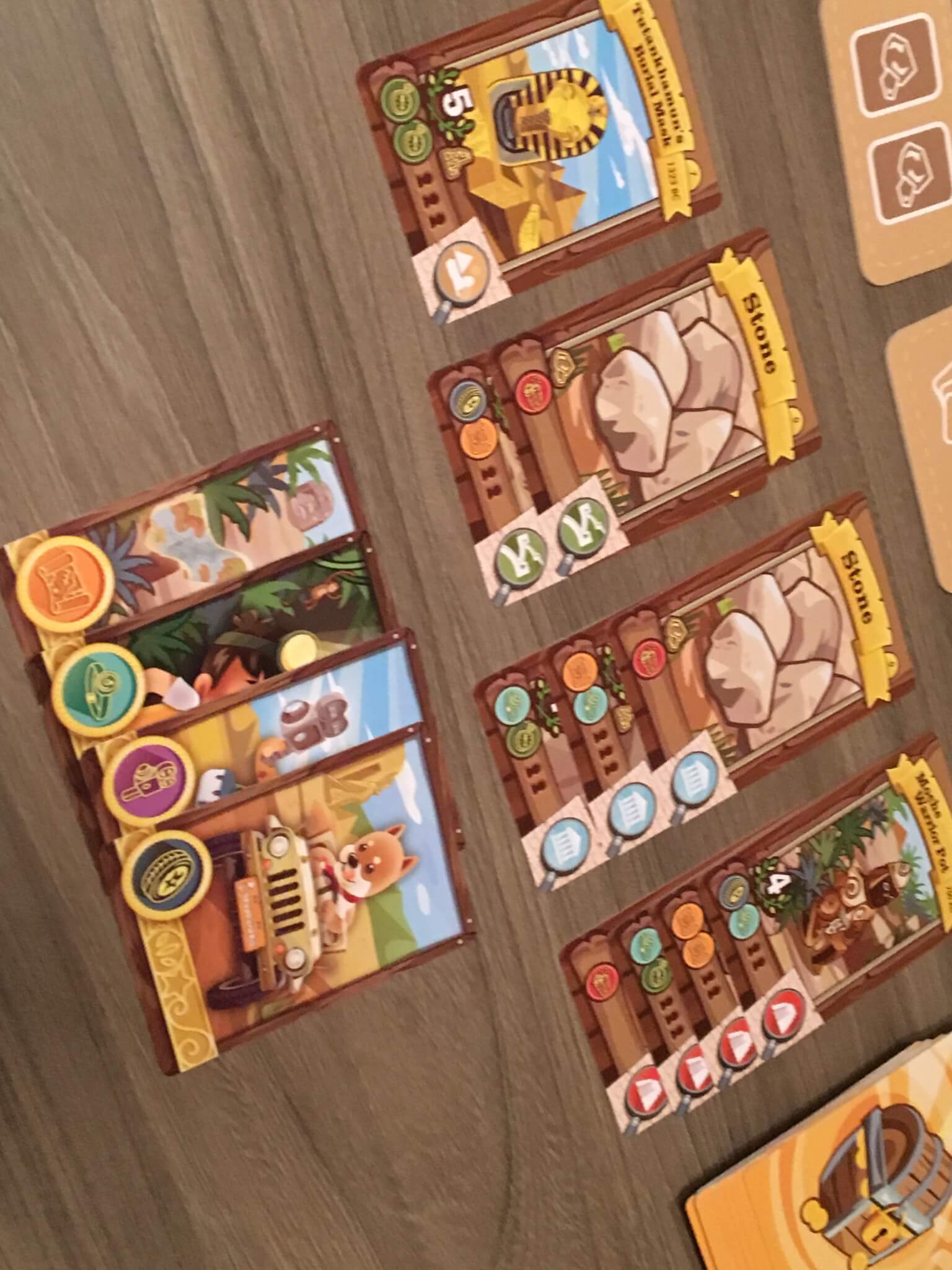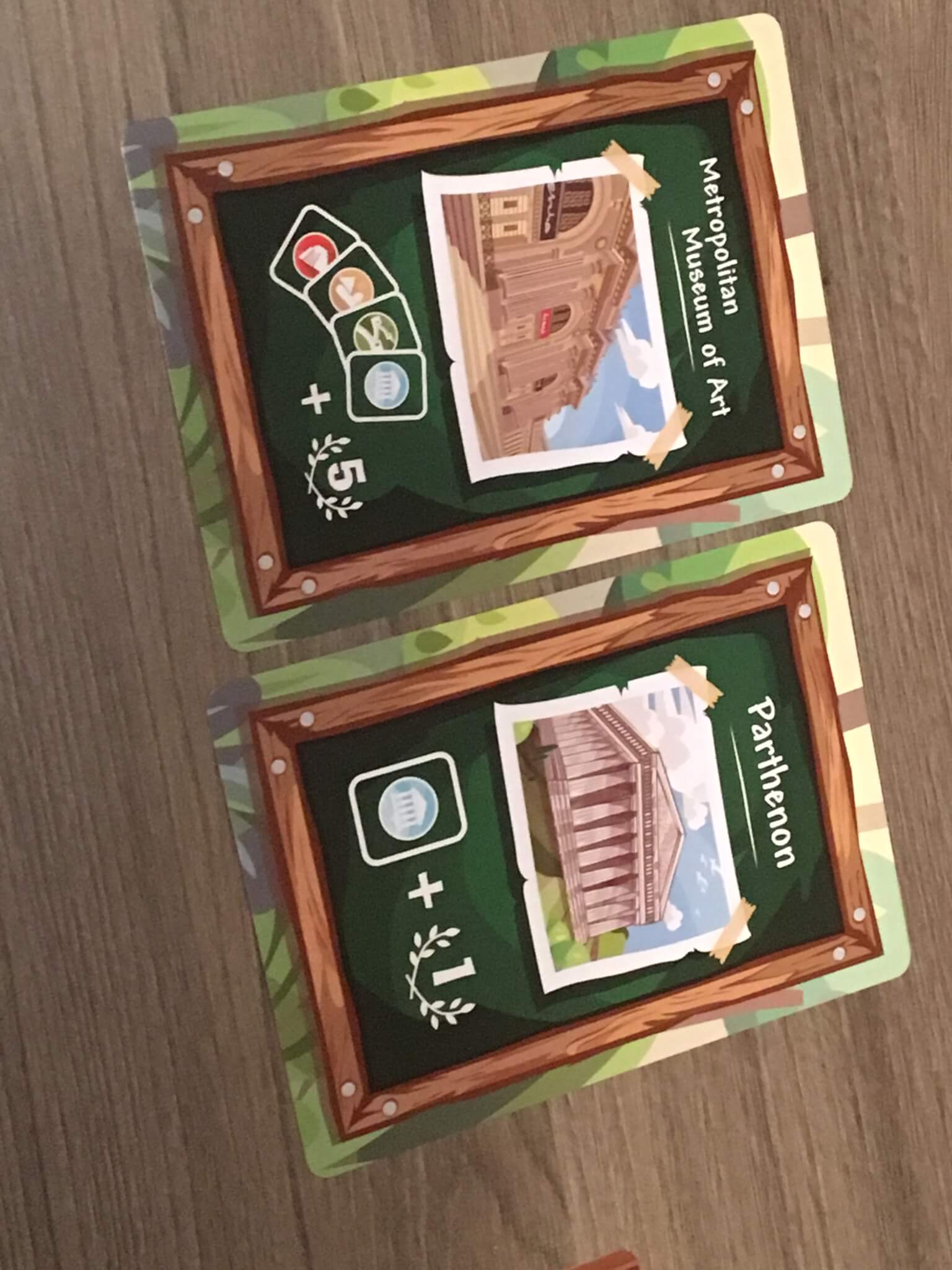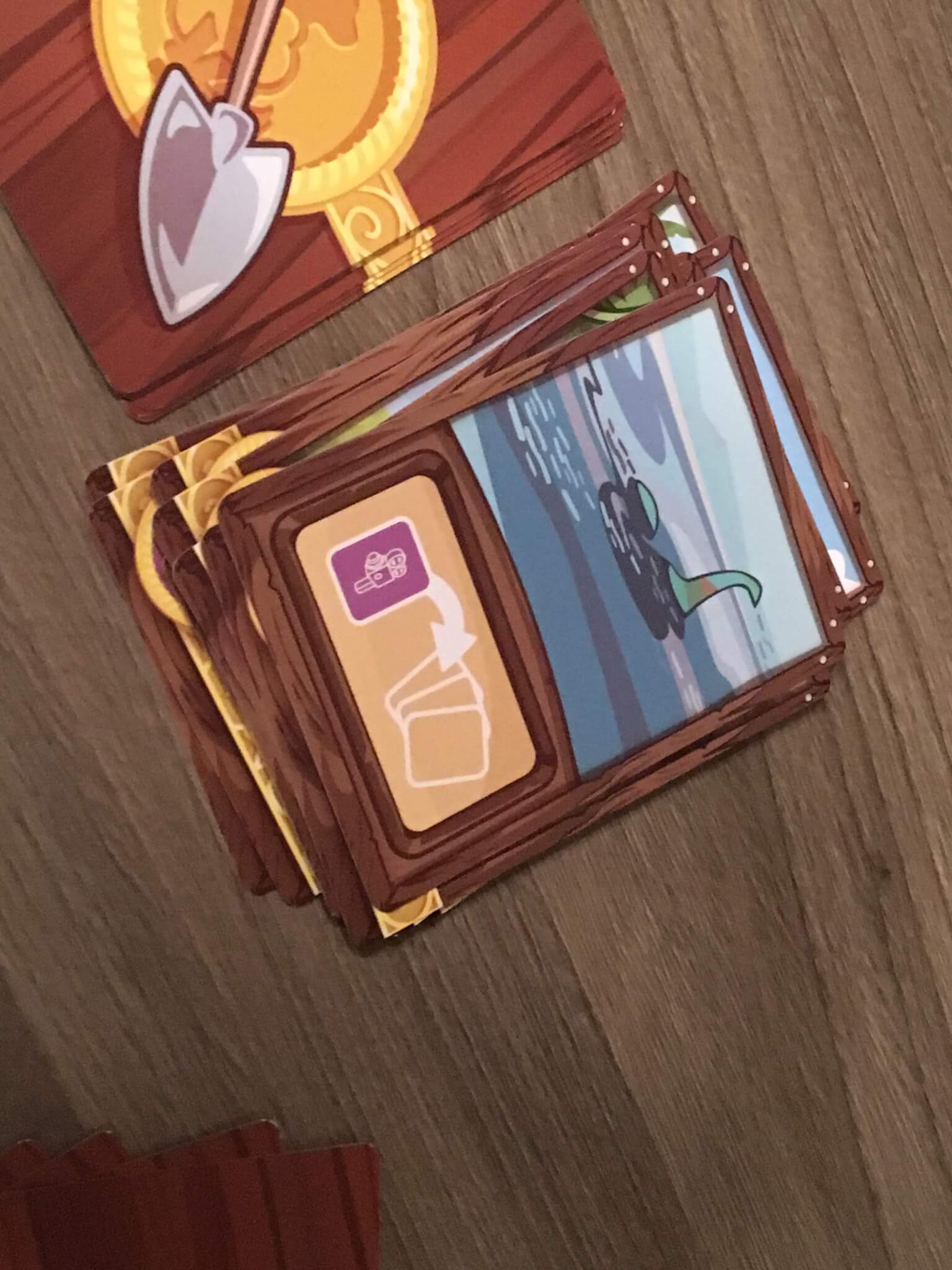Shepherd Kit’s Expedition — Exploring through the age groups!
Here at B3, a number of members of our team are parents and love playing board games with our kids, and it’s always good to combine educational properties and learning with fun, as well as teaching the fundamentals of more complex games. Expedition, from Shepherd Kit Games, is a title that does all of these things, and it’s one that has seen a lot of play in my household recently.
Expedition is a card game in which the players must first form teams of archaeologists (each of which has a different symbol, representing their skillset) and then send them off to one of the four in game continents to unearth valuable treasures based on those same symbols. There are two key gameplay elements; the matching of the symbols to gain treasure, and comprehending how to value each treasure.

It’s presented on well made, and beautifully drawn, cards. Each archaeologist is represented by a cute cartoon animal such as a dog or a leopard, and kids love the personality that these characters bring. The symbols — including diamond rings, wheels, or dynamite are very clear and colourful, with backgrounds that help them stand out, enabling children from a young age to recognise them.
Each turn, a player will always draw a new card from the adventure deck, which will usually add an archaeologist to their hand. Some adventure cards cause effects, such as asking all players to discard cards of a certain kind. These can be removed from the game easily if your audience is too young to comprehend this slight inconvenience. After this card draw, the player will choose one action from three;

The player may swap as many of their archaeologist cards for new draws from the deck as they want to. To do this, they discard cards — three for example — and then draw the same number (in this case three) in replacement. Any adventure cards drawn this way are discarded, rather than being actioned. The second option is to send archaeologists out on an expedition, by playing them face up on the table. The player can add new cards to an expedition, but cannot remove cards from an existing one.
The main action is to send the expedition to a continent to find treasure. Each continent is made up of a number of cards placed in ascending order, with the zero card (usually rock) at the top. The player must “spend” cards from their expedition team to work their way down the pile of the continent that has been visited. For example, the first card (Rock) might show a dynamite symbol, in which case it can be removed in exchange for one archaeologist who has the dynamite symbol.

The trick to Expedition is that the player can ascend as far down the pile as they can, as long as they can keep matching the symbols (and remove the matching card from their expedition). Most Treasure cards require one or more symbols and often, one or more “assistants” which are shown as grey silhouettes. Assistants can be any kind of archaeologist in the expedition, but the point is that you must still have that many people left, in addition to any archaeologist(s) with the matching symbol. Only those cards that have matches will be removed from the expedition, and the aim is always to use an expedition to pick up two or even three Treasures if you can.
There are a few other things to take into account. For example when drawing new Treasure cards to rebuild the continent stacks, Wonder cards will often be drawn, and when eight are placed, the game end is triggered. Wonders create a random and ever changing set of end game scoring possibilities, including bonuses for collecting sets of Treasures from a single continent, for example. Expedition also has a number of toolkits that can be dealt randomly at the game start, which affect the game in various different ways.

When it boils down to it, Expedition ticks all the boxes as a game I want to play with my kids. It is truly educational in terms of both its geographic and historic content, and it aids with recognition of patterns and symbols, and encourages planning and foresight. If anything, it is arguably more complex than its proposed age suggests and than the imagery suggests, but that’s probably because I’ve played it enough times to overthink it slightly.
Expedition is a beautiful looking, fun and clever game that demonstrates why board and card games have a place in the learning and development of children, as well as providing a lesson in how to make education fun. It’s certainly a game that I recommend for family gamers.
You can find more information on Expedition through their Kickstarter.

Comments are closed.